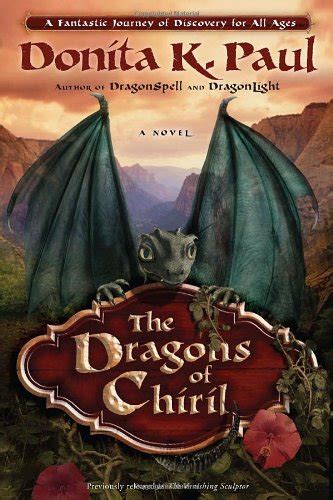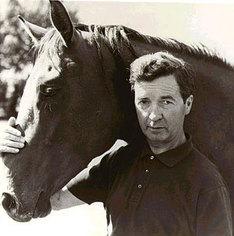A Quote by Donita K. Paul
Wear pink!' her mother had said. 'It confuses the enemy.
Related Quotes
I really cannot understand the point of what you're saying. Really,' said Clotilde, looking at her. 'What a very extraordinary person you are. What sort of a woman are you? Why are you talking like this? Who are you?' Miss Marple pulled down the mass of pink wool that encircled her head, a pink wool scarf of the same kind that she had once worn in the West Indies. 'One of my names,' she said, 'is Nemesis.' 'Nemesis? And what does that mean?' 'I think you know,' said Miss Marple. 'You are a very well educated woman. Nemesis is long delayed sometimes, but it comes in the end.
The idea of the book ["The Japanese Lover"] came in a conversation that I had with a friend walking in the streets of New York. We were talking about our mothers, and I was telling her how old my mother was, and she was telling me about her mother. Her mother was Jewish, and she said that she was in a retirement home and that she had had a friend for 40 years that was a Japanese gardener. This person had been very important in my friend's upbringing.
My mother had heard all about miniskirts but had never seen one so I took her for lunch at Alvaro's [in Chelsea]. We walked down the King's Road and waited 10 seconds for our first miniskirt and a girl came along with her skirt tucked round her arse. I said: 'What do you think, ma?' And she said: 'If it's not for sale, you shouldn't put it in the window!'
She liked being reminded of butterflies. She remembered being six or seven and crying over the fates of the butterflies in her yard after learning that they lived for only a few days. Her mother had comforted her and told her not to be sad for the butterflies, that just because their lives were short didn't mean they were tragic. Watching them flying in the warm sun among the daisies in their garden, her mother had said to her, see, they have a beautiful life. Alice liked remembering that.
"And when you had made sure of the poor little fool," said my aunt - "God forgive me that I should call her so, and she gone where YOU won't go in a hurry - because you had not done wrong enough to her and hers, you must begin to train her, must you? begin to break her, like a poor caged bird, and wear her deluded life away, in teaching her to sing YOUR notes?"
Sometimes we adopt certain beliefs when we're children and use them automatically when we become adults, without ever checking them out against reality. This brings to mind the story of the woman who always cut off the end of the turkey when she put it in the oven. Her daughter asked her why, and her mother responded, "I don't know. My mother always did it." Then she went and asked her mother, who said, "I don't know. My mother always did it." The she went and asked her grandmother, who said, "The oven wasn't big enough."
Tereza's mother never stopped reminding her that being a mother meant sacrificing everything. Her words had the ring of truth, backed as they were by the experience of a woman who had lost everything because of her child. Tereza would listen and believe that being a mother was the highest value in life and that being a mother was a great sacrifice. If a mother was Sacrifice personified, then a daughter was Guilt, with no possibility of redress.






































